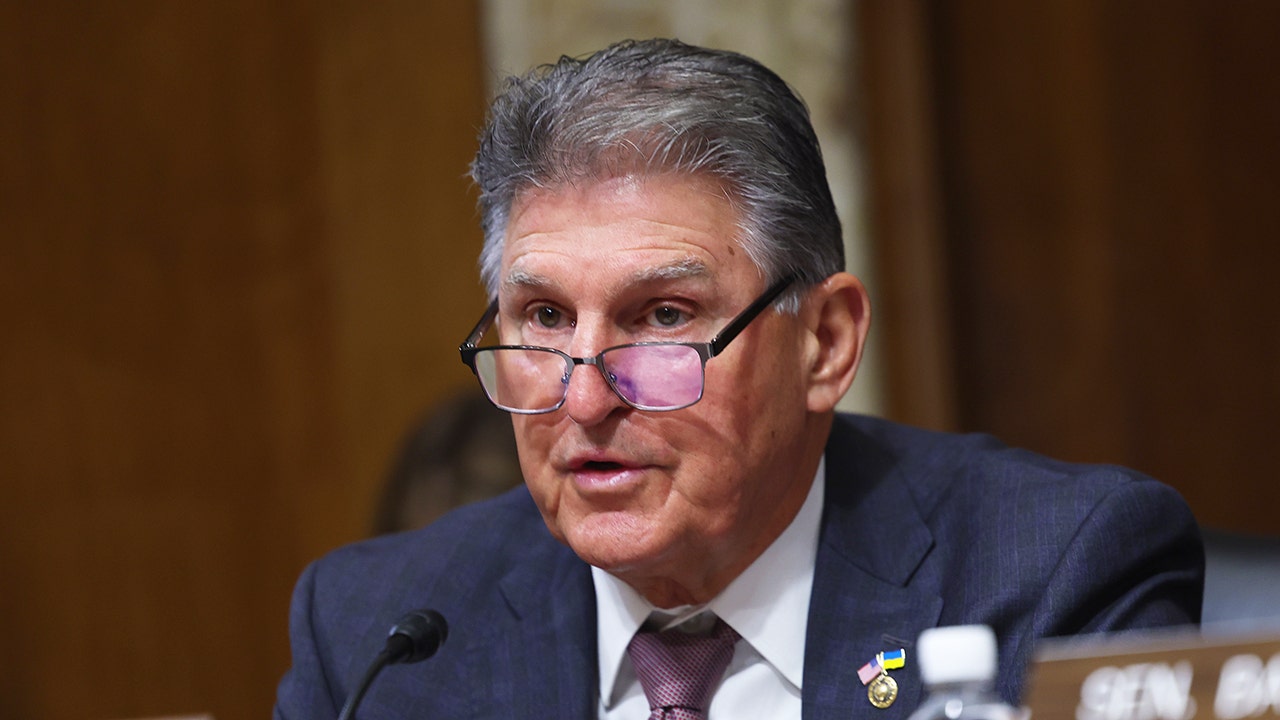New Jersey Police May Be Required To Alert Feds When Illegal Immigrants Apply For Gun Permits

New Jersey lawmakers have proposed a bill that would require local law enforcement agencies and state police to notify federal immigration authorities any time an illegal immigrant applies for a firearms purchaser identification card (FPIC) or handgun purchase permit (PPH). Passing the bill in legislation would align the state’s firearm application procedures with federal immigration laws.
The proposed measure will require law enforcement across the state to notify and cooperate with U.S. Immigration and Customs Enforcement (ICE) and additional federal authorities whenever a firearms applicant is determined to be unlawfully present within the United States. Under Federal law 18 U.S.C. § 922(d)(5), it is currently prohibited to sell or transfer firearms to illegal immigrants. This bill formalizes state-level compliance with that standard however absurd it may sound that a law must be created to compel a state to comply with existing federal law. Such are the shenanigans when you’re dealing with a “sanctuary state,” as has been New Jersey’s designation since 2019.
New Jersey already requires potential firearm owners to submit extensive personal information including criminal background checks, mental health records and fingerprints to apply for an FPIC or PPH, ostensibly due to lack of literacy as the permit was already issued in the Second Amendment of the United States Constitution. Criticism of New Jersey firearm laws and discussion as to whether or not the state even qualifies as a member of the Union aside, the newly proposed bill is one of the first pieces of firearm legislation I’ve agreed with the state on in quite a while.
Unchecked illegal immigrants, a number of whom bring with them a long criminal history, have poured over the border in record numbers throughout the Biden administration. Murders of Americans by migrants have put American communities on edge, including high-profile cases like Laken Riley, Lizbeth Medina, Jocelyn Nungaray and Rachel Morin. We’ve also seen armed migrant gangs take over apartment complexes in places like Aurora, Colorado, trapping and terrorizing American citizens (and even other illegals) in their own homes.
Lawmakers and proponents argue that the bill enhances public safety, applying additional oversight on firearm access.
“This legislation reinforces federal laws already in place and ensures that firearms do not end up in the hands of individuals who are not legally present in the country,” lawmakers said in a statement accompanying the bill.
Critics of the measure are concerned about potential overreach, which makes me wonder if they also voiced concern regarding the potential for overreach with red flag laws. Somehow I doubt it. Advocacy groups say the law may discourage immigrants from interacting with law enforcement for fear of deportation. But isn’t this like saying you are concerned about law enforcement finding out you have committed a crime for fear of consequence? Why is it that some crimes are socially acceptable and even protected? They argue that the measure might undermine trust between immigrant communities and local authorities, however, this has nothing to do with immigrant communities and everything to do with enforcing the law, that is, if we are all equally subject to it.
I often hear the words “common sense gun law” and wonder if the people speaking about this understand common sense. In this case, preventing those here illegally and who may be a danger to the public from being able to obtain firearms sounds a lot like common sense to me, but it is not enough to save lives. Ultimately, it has long since been proven that criminals will obtain firearms to commit crimes regardless of our laws, one of the very facts that makes them criminals. While enforcing current federal law on the matter may help a little, respecting the rights of Americans to arm themselves and protect their families is the only real way forward. This concept was understood by Constitutional Convention delegates in 1787 but has been conveniently forgotten by power-hungry politicians and globalists who would seek a more uncontested means of subjugating their constituents.
Read the full article here






